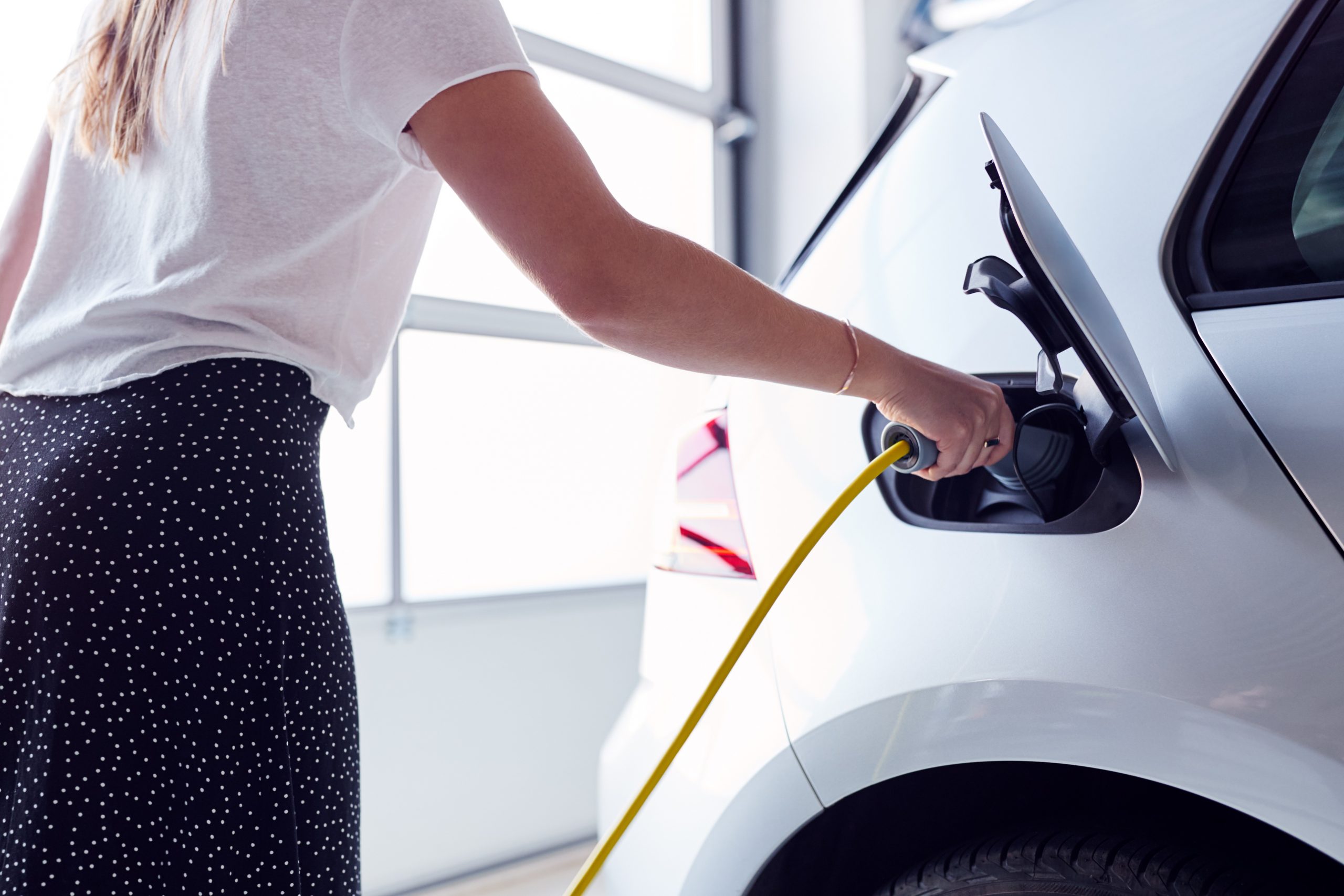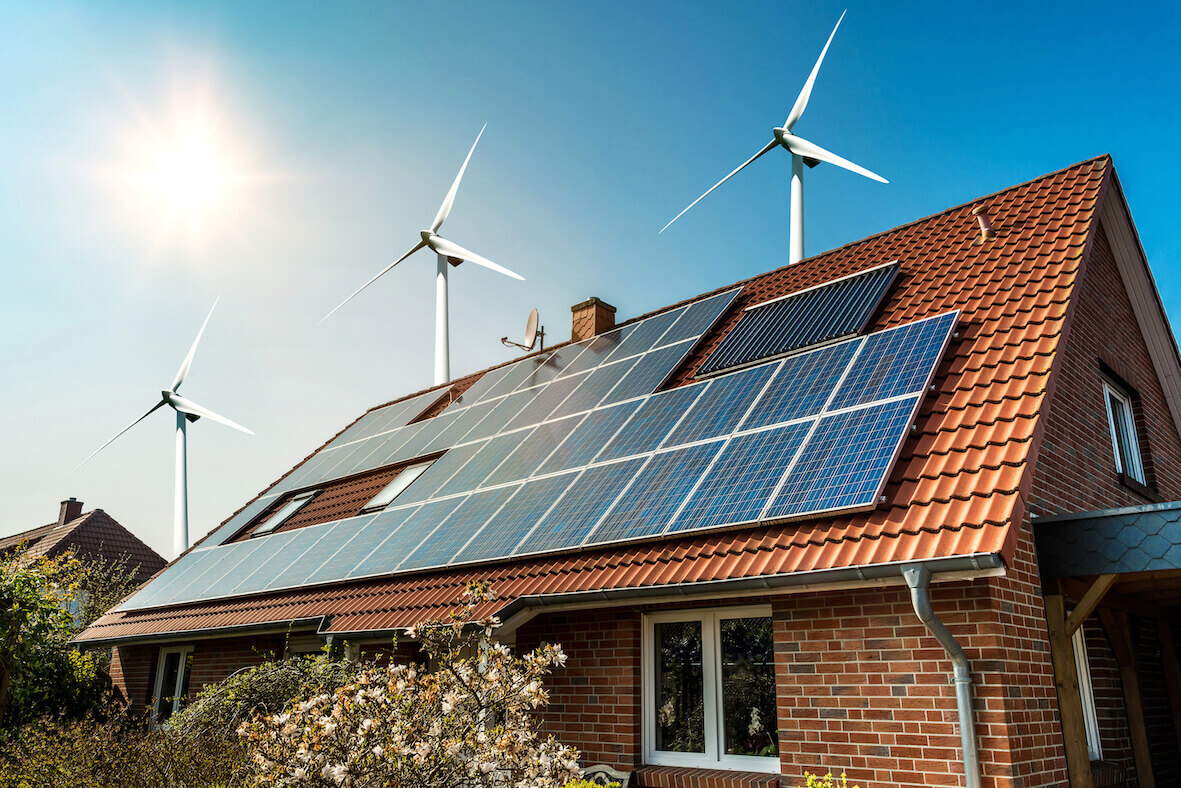How to save for a house deposit

Our six-step guide on how to save for a house deposit. The internet is a great source of guidance and information on buying a house and the Which? website, in particular, presents the facts honestly and simply.
When deciding whether to buy a property, you should first understand how much you can borrow and how much you can afford to repay. There are many online mortgage calculators that can help you determine these figures. You may also wish to speak with a mortgage adviser or an independent mortgage broker.
But once you’ve determined how much you need to save, where do you start, and how do save for a house deposit?
In this feature, we’ve used the Witch? guide to saving for a deposit as the basis for our handy hints. It involves a bit of sacrifice and self-discipline but owning your first home can be extremely satisfying.
Reduce your bills
With the cost of living at an all-time high, this is perhaps more challenging than it sounds. But by shopping around and taking advantage of offers and discounted rates, there are ways to reduce your outgoings. Which? offers a number of suggestions:
- Switch your energy bills to cheaper tariffs. Revisit all your current tariffs and speak with your energy provider to find out whether cheaper tariffs exist
- And while you’re revisiting your energy tariffs, take the time to shop around for cheaper mobile phone and broadband packages
- Check your council tax statement. If you live alone (and in a few other circumstances), you are entitled to a 25% discount
- Cancel unused subscriptions to things like TV music streaming, gyms, clubs, newspapers, and magazines.
Cut down on everyday spending
A well-known supermarket advocates that, ‘every little helps’ and it’s true. You may be surprised by how much you are spending without really thinking about it, but small, incremental changes to your spending habits can pay dividends.
First, check your bank statement and look at what you’re spending. Which? recommends apps like those from Monzo and Starling which break down spending into categories.
By identifying areas of spending on which you can cut back e.g. by making coffee at home and taking it out in a thermos flask or limiting yourself to one new clothing item a month, you could gradually build up a substantial amount of money towards your deposit.
Earn loyalty points or discounts on the things you buy
Which? recommends using loyalty cards to build up discount points on the things you buy regularly. And, if you’re considering getting or switching credit cards, to explore those that offer cashback credit card, which will enable you to earn a percentage of what you spend in the form of credit on your bill.
To max out the benefits of a cashback card you should use it for all your everyday spending but pay off the balance in full every month, as the interest you’ll be charged could outweigh the cashback you earn.
Using a credit card responsibly will also help to improve your credit score – important for when you apply for a mortgage.
The points you earn are converted into their cash equivalent and added to a ring-fenced account. The balance can then be transferred to a conveyancer when you buy your first home, paid into a lifetime Isa, or, if you’re still renting, paid directly to a letting agent or landlord as a rental deposit.
Consider a saving/budgeting app
There are a number of apps that will funnel away your spare cash, building up your funds for a deposit.
Some apps, such as Monzo and Oval, can round up your spending to the nearest pound and deposit the difference into a savings account.
The downside of these apps is that they don’t usually pay interest on the amount you’re saving – so, once you’ve saved, you should transfer the funds to an account that does pay interest.
Assess your renting situation
A more dramatic step, but the one that could potentially save you the most money, is changing your current living situation.
Increasing numbers of people saving for their first home are choosing to move back in with their parents. Assuming this move will mean you pay below-market rent (or even none if you’re very lucky) and spend less on bills and food, you could save hundreds every month and reach your deposit goal much faster.
Of course, this isn’t an option for everyone – but changing how you rent could also save you money.
If you currently live alone, you could save a significant amount on bills and rent by getting a lodger (you’ll need to check this with your landlord and may need a new tenancy agreement), or by moving into a flat share.
If you want to keep your own space, you could consider moving to a cheaper area – though if this would mean a longer commute, check whether the extra travel costs would outweigh the savings in rent.
Make extra money
Increasing your income is another way to boost your deposit savings.
There are countless ways you could do this, from freelancing in your spare time or setting up an Etsy shop to renting out games consoles or selling stuff you no longer use on sites like Vinted, Depop, Facebook Marketplace and eBay.
Be aware that you may have to submit a self-assessment tax return and pay income tax on any extra money you have coming in.
Making an informed decision
When you’re making such a significant investment, it’s important to ensure you’re making an informed decision and you have a full picture of the condition of the property.
Our surveyors can help identify issues with the property in an easy-to-understand colour coded HomePlus Digital Home Survey.



